China, the largest export market for Japanese seafood, will also strictly review food-related documents, especially seafood products, from the rest of Japan, according to Reuters.
Along with banning food imports from 10 Japanese prefectures, Chinese customs said it would strengthen monitoring and detection of radioactive substances in products that Japan can still export to China.
According to Chinese customs, these are measures to protect the safety of imported food for Chinese consumers, in the context of Japan preparing to release treated radioactive water from the Fukushima Daiichi nuclear power plant into the sea.
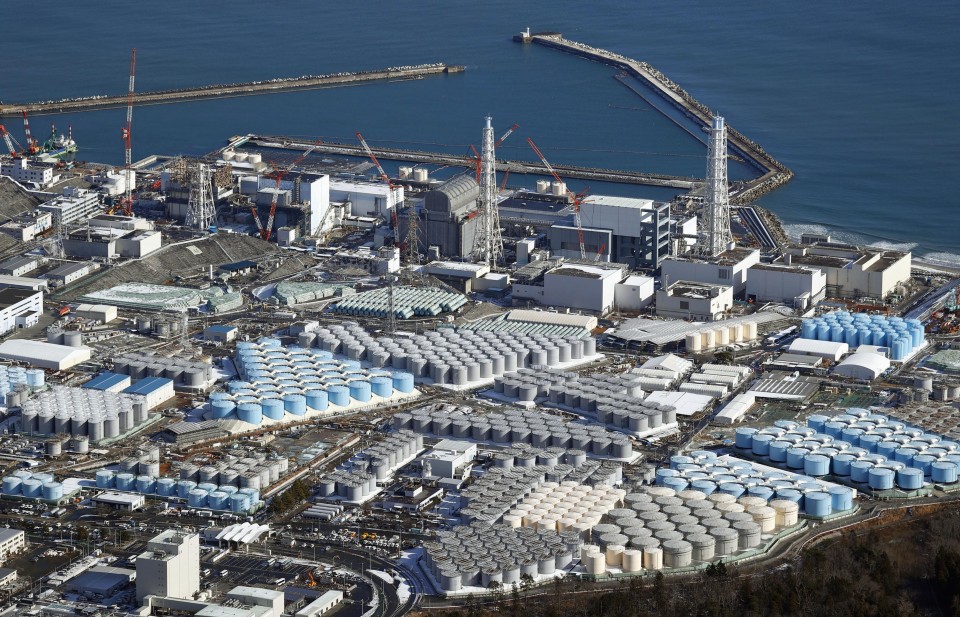
Containers of treated radioactive water at the Fukushima nuclear power plant in January 2021.
KYODO NEWS SCREENSHOT
The plant was severely damaged and shut down after the 2011 earthquake and tsunami in northeastern Japan, but the cleanup of the nuclear contamination has yet to be completed.
For weeks, China has been publicly voicing strong opposition to Japan’s plan. But this week the United Nations’ International Atomic Energy Agency (IAEA) released a report concluding its two-year review, giving Japan the green light to begin releasing more than 1 million tons of water that was used to cool the reactors at the plant when the accident occurred in 2011.
China Customs said the report did not fully reflect the views of all experts involved in the assessment process and the conclusions were not unanimously approved by the experts.
Japan's nuclear regulator on July 7 approved Tokyo Electric Power Company (Tepco), the operator of the Fukushima plant, to begin the process of releasing radioactive water into the sea. This is the final procedure for the process to take place, according to Reuters.
Source link


![[Photo] Panorama of the Opening Ceremony of the 43rd Nhan Dan Newspaper National Table Tennis Championship](https://vphoto.vietnam.vn/thumb/1200x675/vietnam/resource/IMAGE/2025/5/19/5e22950340b941309280448198bcf1d9)

![[Photo] General Secretary To Lam attends the conference to review 10 years of implementing Directive No. 05 of the Politburo and evaluate the results of implementing Regulation No. 09 of the Central Public Security Party Committee.](https://vphoto.vietnam.vn/thumb/1200x675/vietnam/resource/IMAGE/2025/5/19/2f44458c655a4403acd7929dbbfa5039)
![[Photo] President Luong Cuong presents the 40-year Party membership badge to Chief of the Office of the President Le Khanh Hai](https://vphoto.vietnam.vn/thumb/1200x675/vietnam/resource/IMAGE/2025/5/19/a22bc55dd7bf4a2ab7e3958d32282c15)

![[Photo] Close-up of Tang Long Bridge, Thu Duc City after repairing rutting](https://vphoto.vietnam.vn/thumb/1200x675/vietnam/resource/IMAGE/2025/5/19/086736d9d11f43198f5bd8d78df9bd41)





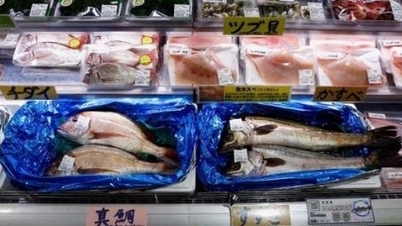





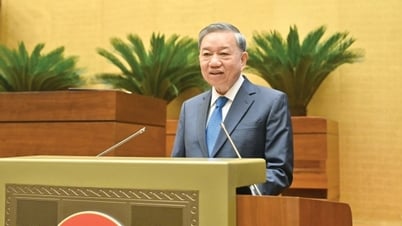













![[Photo] Prime Minister Pham Minh Chinh inspects the progress of the National Exhibition and Fair Center project](https://vphoto.vietnam.vn/thumb/1200x675/vietnam/resource/IMAGE/2025/5/19/35189ac8807140d897ad2b7d2583fbae)













































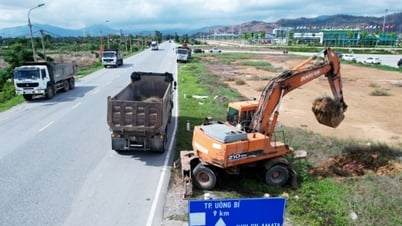

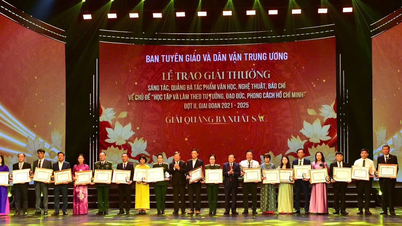












![[VIDEO] - Enhancing the value of Quang Nam OCOP products through trade connections](https://vphoto.vietnam.vn/thumb/402x226/vietnam/resource/IMAGE/2025/5/17/5be5b5fff1f14914986fad159097a677)



Comment (0)